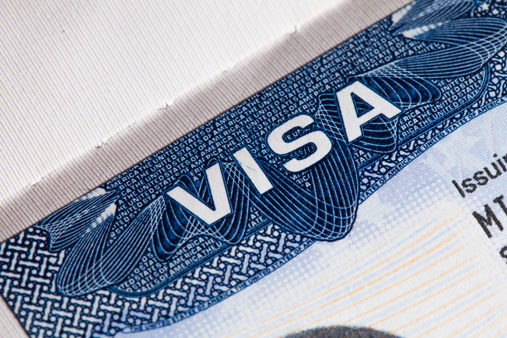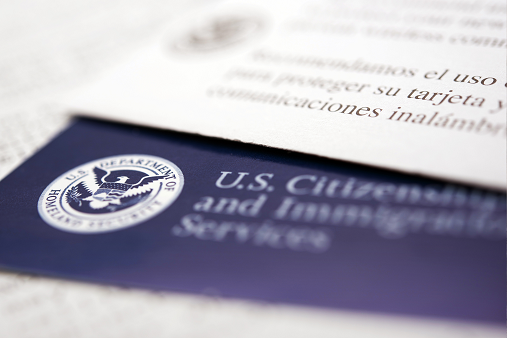On Dec. 14, in DIRECTV, Inc. v. Imburgia, the U.S. Supreme Court enforced its own precedent and concluded that courts must uphold class-arbitration waiver provisions, even when “the law of your state” finds these provisions unenforceable. This ruling signals the Court’s continued interest in protecting arbitration rights and enforcing arbitration agreements.
The arbitration provision at issue in Imburgia, which was governed by the Federal Arbitration Act (FAA), contained an explicit class action waiver but also specified that the entire arbitration provision was unenforceable if the “law of [the customer’s] state” made the class-action waiver unenforceable. At the time that Imburgia filed her class-action complaint, DIRECTV conceded that class-arbitration waivers were unenforceable under California law and therefore declined to attempt to enforce the parties’ arbitration agreement. After the U.S. Supreme Court ruled in AT&T Mobility v. Concepcion that the FAA preempted California court decisions holding that class-arbitration waivers are unenforceable, DIRECTV moved to compel arbitration. The trial court denied the motion. Side-stepping Concepcion’s invalidation of the California rule regarding class-arbitration waivers, on appeal, the California Court of Appeals refused to enforce the arbitration agreement. (The California Supreme Court denied discretionary review.)
Emphasizing that state courts must follow its interpretation of the FAA in Concepcion, the Supreme Court reversed the California Court of Appeals, holding that the California court’s ruling was inconsistent with the federal policy favoring arbitration. The Court reasoned that arbitration contracts are not “on equal footing with all other contracts” governed by state law and further concluded that “the law of your state” could not be construed to encompass invalid state law.
The Imburgia decision is an important victory for corporations that prefer the advantages of arbitration over litigation. The decision highlights the U.S. Supreme Court’s recent emphasis on the protection of arbitration rights and signals that state courts’ continued hostility to arbitration provisions will not be tolerated. It also serves as a reminder that businesses must take care in crafting arbitration and choice-of-law provisions to avoid the application of state law that could render the arbitration provision unenforceable.
For more information, contact the Barnes & Thornburg attorney with whom you normally work, or one of the following attorneys: Adey Adenrele at 317-231-7365 or Adey.Adenrele@btlaw.com or Christine Skoczylas at 312-214-5613 or Christine.Skoczylas@btlaw.com.
© 2015 Barnes & Thornburg LLP. All Rights Reserved. This page, and all information on it, is proprietary and the property of Barnes & Thornburg LLP. It may not be reproduced, in any form, without the express written consent of Barnes & Thornburg LLP.
This Barnes & Thornburg LLP publication should not be construed as legal advice or legal opinion on any specific facts or circumstances. The contents are intended for general informational purposes only, and you are urged to consult your own lawyer on any specific legal questions you may have concerning your situation.
Visit us online at www.btlaw.com and follow us on Twitter @BTLawNews.












/Passle/6488d4630e7e25c9ac9f834a/SearchServiceImages/2025-01-11-00-48-26-275-6781bfda3f37a45d7df0c8a5.jpg)